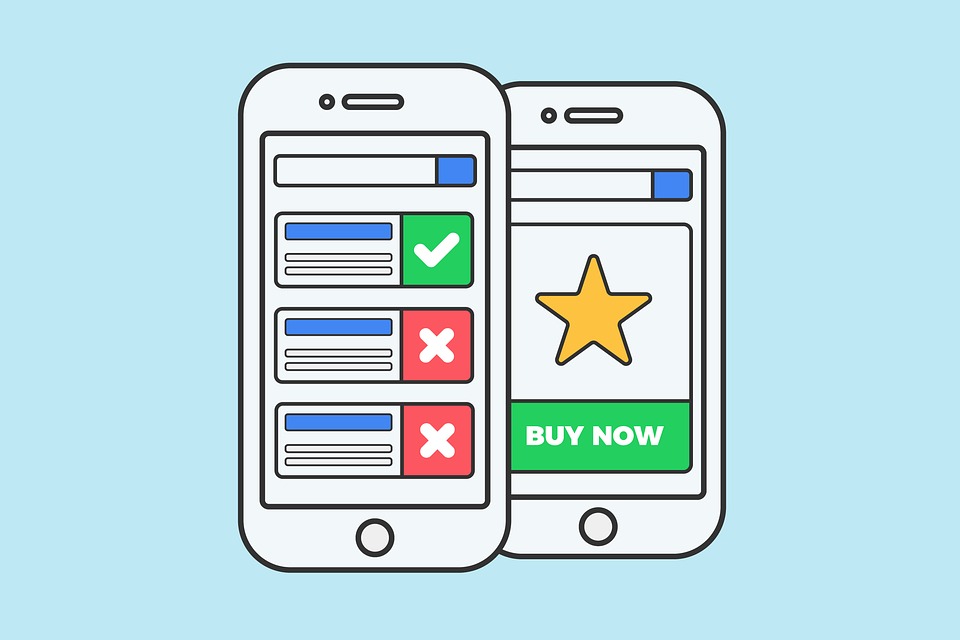Privacy Concerns Due to Online Advertising
Home Help Center Privacy Concerns Due to Online Advertising
Online advertising is to many tech users what those annoying late-night TV commercials once were. The cheesy sales pitches, the obnoxious fast-talking announcers, and the promises of “But wait! If you act now we’ll double your order!” have become such a part of our pop culture that they’re a joke all on their own.

But how do websites actually benefit from the ads? By tracking your visit and your interaction. If you simply “see” the ad on your screen there’s one level of payoff, but if you were to actually click on it, then there’s more revenue. In some instances, actually making a purchase after clicking on an ad can result in even more revenue for the website that hosted it.
If you’d like to see this in action, here’s a test. Be warned, it will result in altering the way the internet thinks of your shopping needs. Try searching for something completely out of the blue, something that you would never shop for, like a stroller for your dog or a different model of vehicle. Then start paying attention to the ads that appear in your email inbox, your social media pages, and other sites.
You’ll notice that dog stroller or that new pickup truck starting to appear in different ads on different websites. You might even see competitors’ products or other brands than the one you searched for, or related products like ultra-expensive dog food—you obviously take special care of your pet since you’re interested in pushing it in a stroller—after that search.
That’s the sort of tracking that privacy experts are concerned about. If the internet ad industry can keep up with your search history and generate algorithms based on your interests, what’s to stop someone from following your searches and deciding on malicious ways to use that information? Even worse, who already has access to that search information? A search for a brand-new, high-dollar vehicle could mean you’ve got money to spend. A search for Black Friday deals on toys could alert a pedophile that there are children in your home. A search for medical marijuana could potentially alert someone—perhaps even your employer—to an illness you may have or an illegal activity you’re allegedly engaging in, depending on where you live.
Now, backing up…those are all very frightening and very unrealistic speculations about what happens to your internet searches. But it’s still the underlying reason why security advocates want tighter reins on who can track you for advertising purposes and who can legally access that data. Remember though, when you signed up for an account with an internet service provider or a cellular service provider, you agreed to certain terms and conditions. You might not have read the fine print, but it’s very likely that you agreed to have your search and shopping behaviors monitored and shared.
How much information are you putting out there? It’s probably too much. To help you stop sharing Too Much Information, sign up for the In the Loop.
Get ID Theft News
Stay informed with alerts, newsletters, and notifications from the Identity Theft Resource Center

